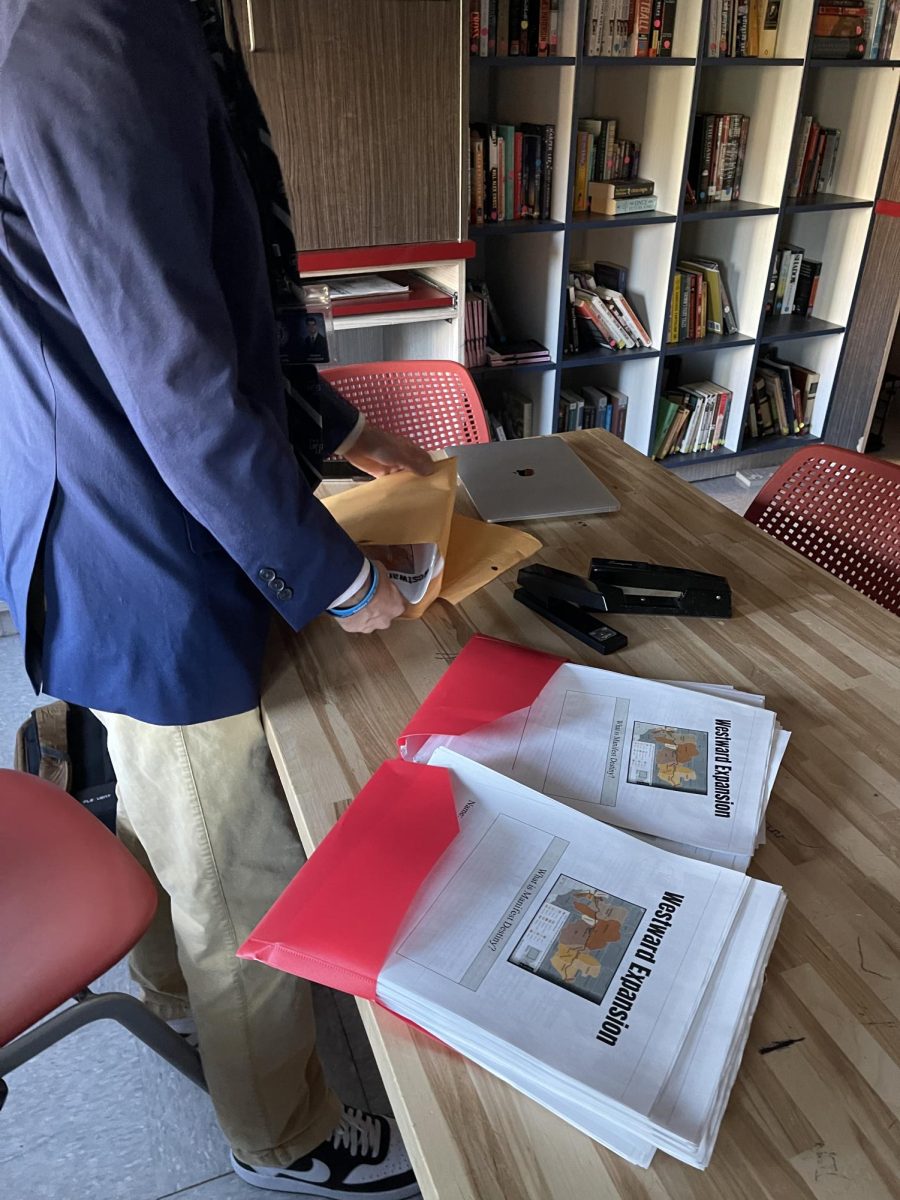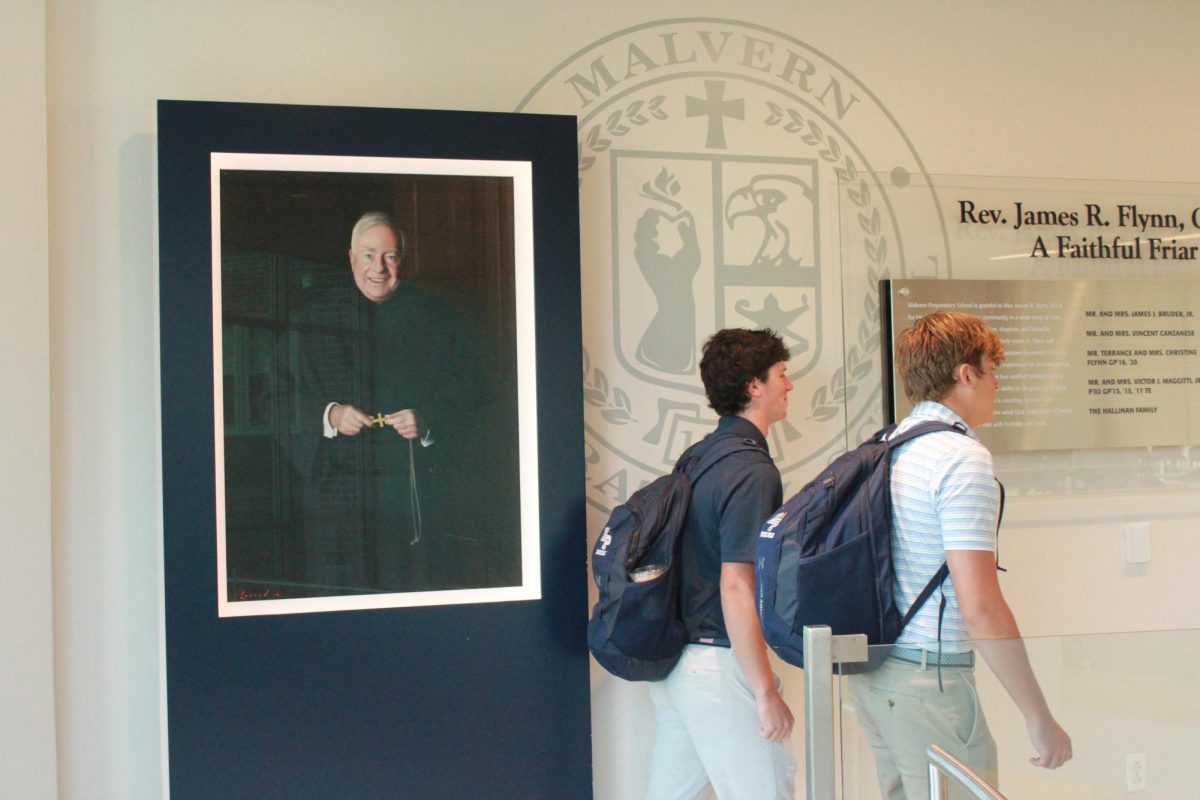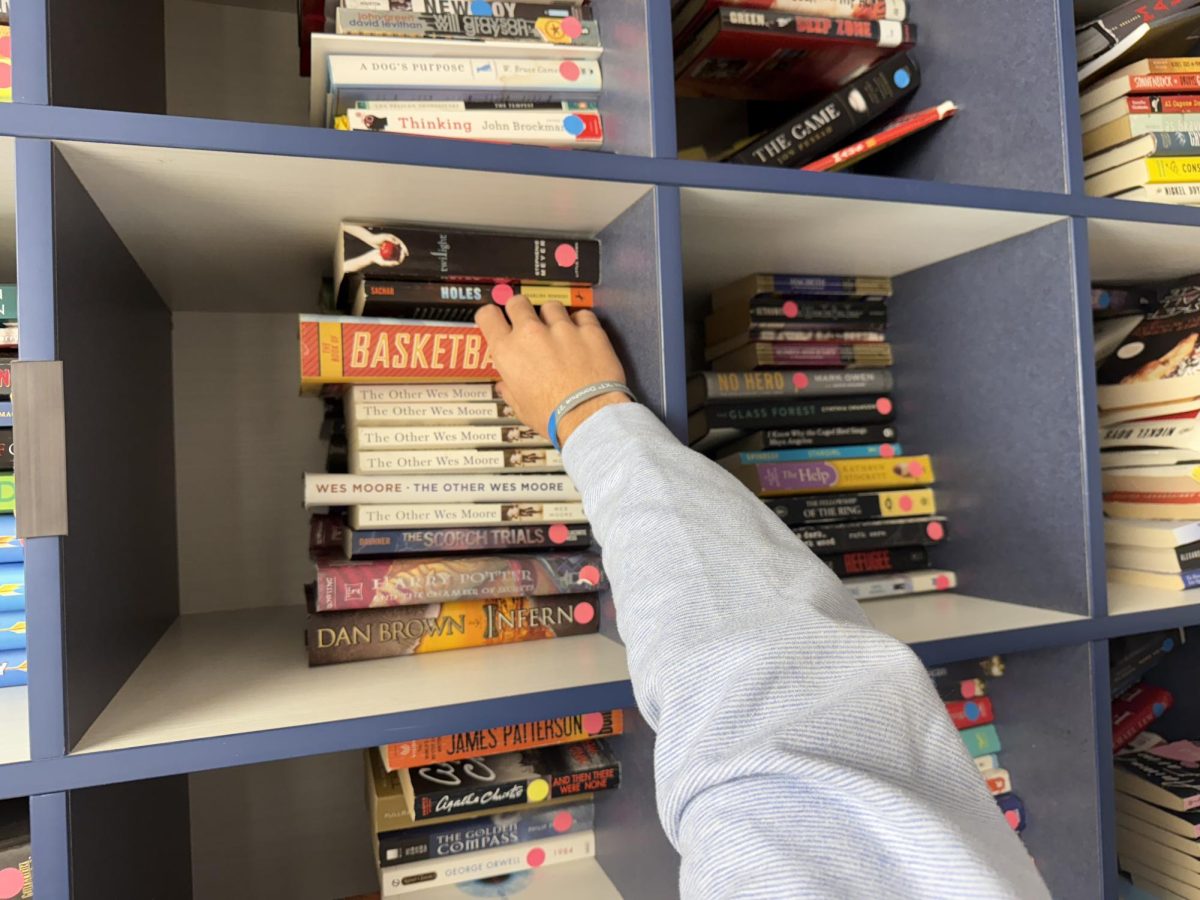We always strive to give you the most accurate and dependable news.
As a journalist I usually find myself defending the media with my peers. They say the news media is often exaggerated, biased, inaccurate, or pushing an agenda. However, after seeing the errors of local papers in covering the recent arrest of a Malvern faculty member, I am not sure I can stand behind local newspapers anymore.
Have I become too trusting of the media? With nearly every article I read, I saw factual mistakes or dramatized journalism.
Here are some of the glaring mistakes I noticed, by actually knowing the facts shared with the school community.
Malvern Prep put Director of College Counseling Mrs. Emily Feeney on leave in May, when an investigation was first opened. She has not been an employee of the school since. However, The Delaware County Daily Times reported that Feeney was the Director of College Counseling and Assistant Swim Coach up until the time of the arrest.
Investigators told NBC10 that there was no sexual contact between Mrs. Feeney and the student, yet Philadelphia Magazine titled its story “Malvern Prep Sex Scandal: Here Are the Emails a Counselor Allegedly Sent Her Student.” Without any sexual contact, by definition, this was not a sex scandal, and Philly Mag was baiting readers with a misleading title.
At least four publications – The Daily Local, 6ABC, The Daily Caller, DailyMail UK – are still reporting that bail was set at $7,500. Court records show that bail is $75,000.
NBC10 titled its article “Main Line Prep School Guidance Counselor Seduces Boy With Promise of Harvard Admission: Prosecutors.” According to Chester County District Attorney Tom Hogan’s statement to the press, Feeney “betrayed… trust by trying to seduce a student.” It is a small word change, but has huge implications in meaning and what a reader would expect to find in a news story.
Inquistr’s lead on their story is “The community of Malvern, Pennsylvania is wondering what prompted the school guidance counselor Emily Feeney to use her connections at Harvard attempt to have sex with a student,” without any attribution. If a reporter brought this to me as an editor, I would insist he name his source. Who did he talk to in the community of Malvern, Pennsylvania to know that is what they wonder? From whom did he get the rest of his facts in the story?
I reached my limit when I read coverage from the West Chester-based Daily Local News.
Our community knows that Malvern Prep’s Head of Upper School is Mr. Ronald Algeo, and that Malvern’s Head of School is Mr. Christian Talbot. Sloppily, they reported that “Malvern Head of School Donald Algeo, did not return a call seeking comment,” then proceeded to spell Feeney as Fennel. If they get details like names and titles wrong, what larger errors could they possibly be making on this and other stories?
These blatant errors incited me to reach out to the reporter or editor of the article and notify him of the mistakes. At the date of publication for this column, the mistakes have still not been fixed.
I now face an internal battle about whether I can continue to defend the media as an accurate and balanced source for information. How can the media truly serve as the watchdog and the fourth “check and balance” to our government system when they make errors like these?
In order for news to do its job–in order for us to trust the news–the news must be completely factual. Otherwise, it fails and can be hypocritical.
As Editor-in-Chief, I cannot help but feel that our newspaper holds itself to a higher standard than many of these publications.
Prior to publication, most stories are reviewed by the reporter, section editor(s), editors-in-chief, and adviser. Each step of the way we weed out opinion from straight news and fact check the information with reporters.
As a result, we may not always be the first to report, or get the most reads on a story, but our readership can depend on us to try our best to bring them accurate information. We are students – unpaid, volunteers, squeezing time in between school, sports, and whatever else – but our staff already understands how vital it is to report factual information.













